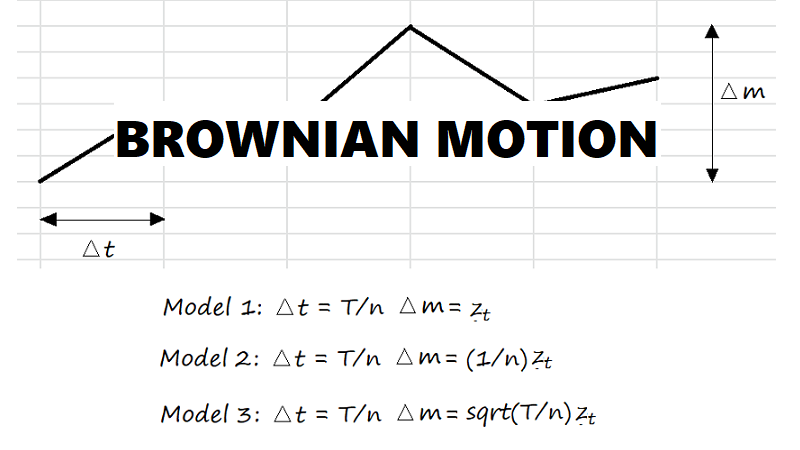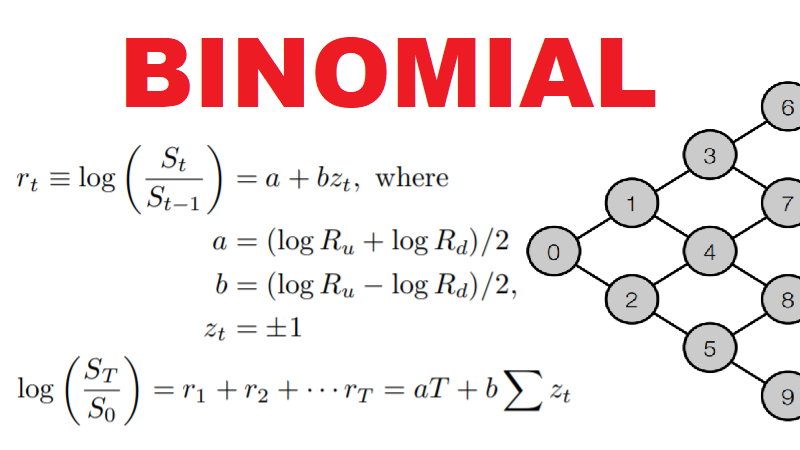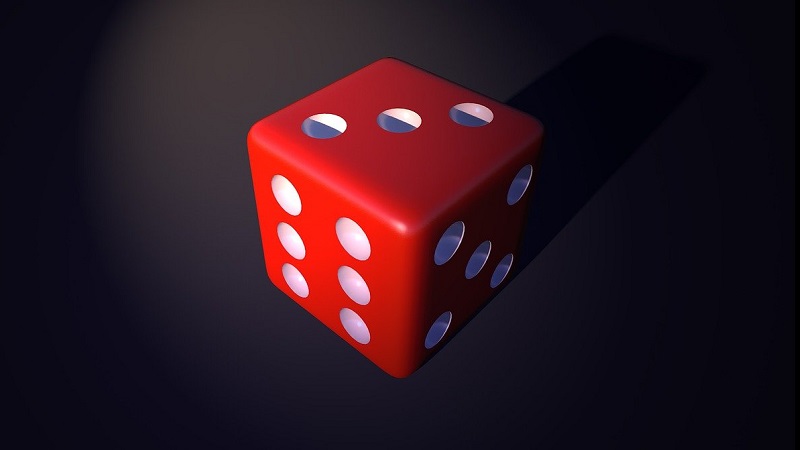Tag: Random Walk
-
Algorithmic Trading by EP Chan (Notes Part 1)
—
This post summarizes some notes that I took from the book “Algorithmic Trading” by Ernest Chan. I’m already familiar with some concepts, so these notes only cover the new concepts I learned. I strongly recommend that you buy the book (it’s a good book) for more details and information. Chapter 1: Backtesting and Automated Execution…
-

Brownian Motion
—
in MathematicsIn this post, we are going to scale the random walk to change it from a discrete time model to a continuous time model. This is going to give us a Brownian motion. Let us first declare Ba,b as a Brownian motion with a time step of “a” and a total duration of “b”. We…
-

Binomial Models
—
in MathematicsA binomial model is made up of nodes that split into two separate branches. Suppose the branches in the model above represent log returns rt and the nodes represent asset values St. We can represent the model using the equations below: If we let X = log(ST/S0), we can rewrite the equation above as This…
-

Model Selection
—
in MathematicsAlternatives to the Random Walk Model Besides the random walk model, we have other types of models, including autoregressive, moving average, and ARMA models. Autoregressive models have terms that depend on previous lagged returns (i.e. rt-k). Moving average models have terms that depend on previous lagged innovations (i.e. previous random variables zt-k). ARMA models generate…
-

Testing the Random Walk Model
—
in MathematicsThe Efficient Market Hypothesis (EMH) EMH states that markets are efficient in the sense that investors take into account all available information when making an investment decision. Therefore, the only reason prices change is due to randomness. In other words, randomness of prices is a sign of markets operating efficiently. The random walk model The…
-

The Discrete-Time Random Walk model
—
in MathematicsThe random walk model is a basic model that describes stock prices as a sum of multiple random IID variables, where IID stands for “Independent and identically distributed”. Independent means the variables do not depend on each other. For instance, if each variable represents the result of the toss of a fair coin, the probability…
